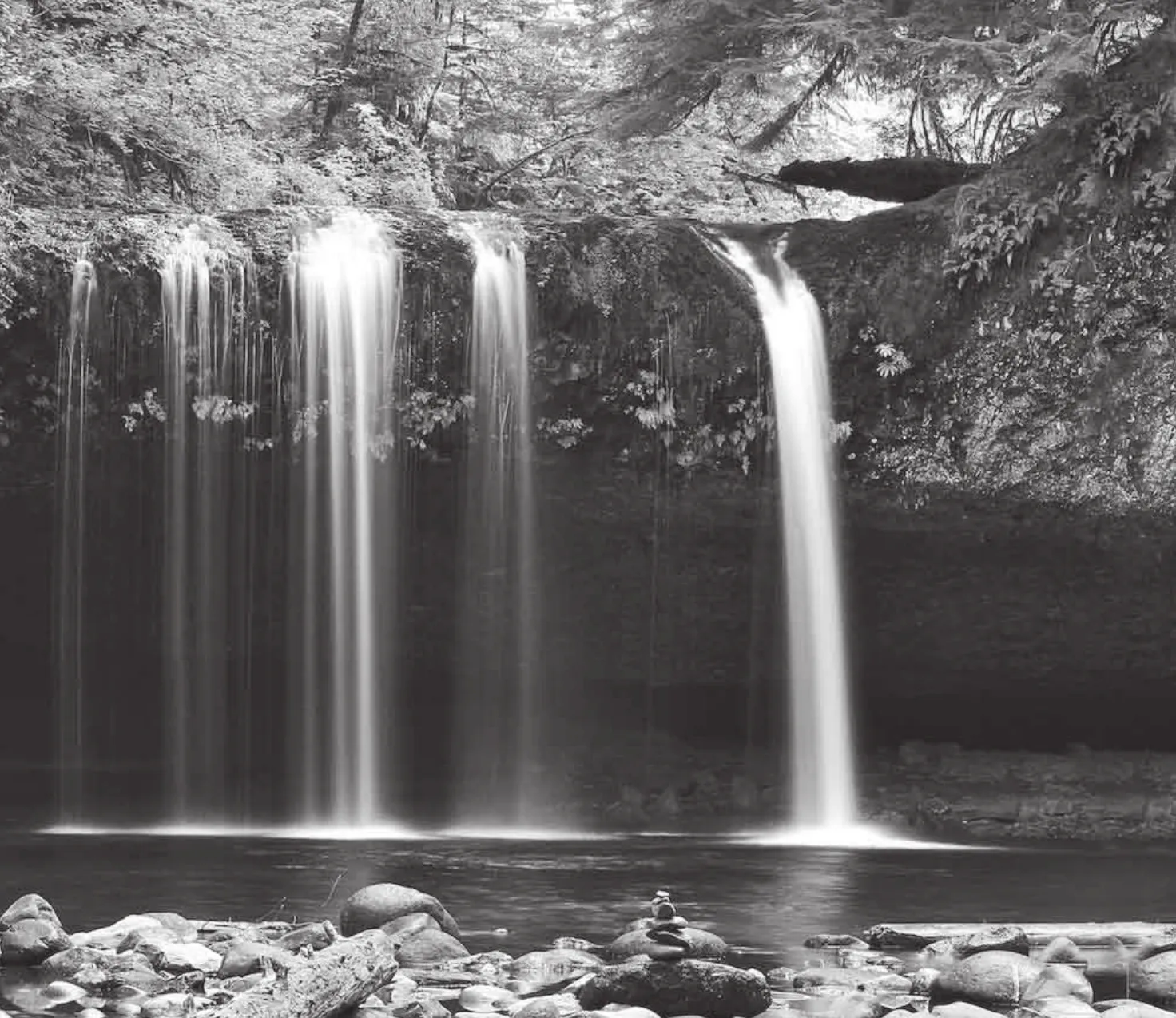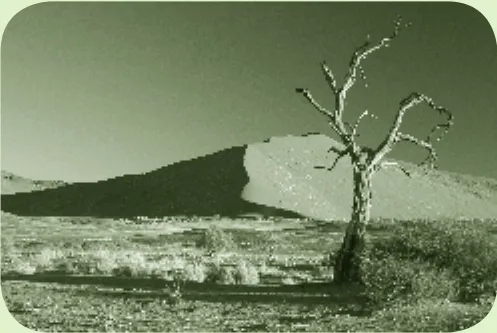Gifts from the Heart
Track 6
by Michael Josephson
翻译:常青
学生送给老师一瓶清泉水,泉水明明已变味,老师却仍装作水很清甜,为何呢?

A young mancame acrossa1)springof clear water while2)roamingthe desert. He filled his bottle with the water, so he couldbringsomebackto an old man who had been his teacher. After a four-day journey, he3)presentedthe water to the old man.The old man took a deep drink, smiled warmly and felt4)grateful. The young man returned to his village with a happy heart.
Later, the teacher let another studenttastethe water. However, the student said it was5)awful. The water6)apparentlyhad become7)stalebecause ofthe old bottle. The student challenged his teacher,“Master, the water was awful. Why did youpretend tolike it?”

词组加油站
come across偶然发现
bring…back把……带回来
pretend to假装……
1) spring [sprIŋ] n. 泉
2) roam [rəʊm] v. 漫步于
3) present [prI'zent] v. 赠送,呈现
4) grateful ['greItfʊl] adj. 感激的
5) awful ['ɔːfʊl] adj. 糟糕的
6) apparently [ə'pærəntlI] adv. 显然,显而易见地
7) stale [steIl] adj. 不新鲜的,变味的
The teacher replied, “You only tasted the water.But I tasted the gift. The water was simply the container for an act of kindness and nothing could be sweeter.” After all, gifts from the heart are truly8)precious.

8) precious ['preʃəs] adj. 宝贵的
参考译文
一个年轻人在沙漠漫步时发现了一汪清泉。他盛了满满一瓶水想带回给一位老人——他以前的老师。经过了四天的跋涉,他把这瓶泉水献给那位老人。老人喝了一大口,面露温暖笑意,心怀感激。年轻人心情愉悦地回到了自己的村庄。
过后,老师让另一个学生来品尝这泉水。然而,这个学生却说水太难喝了。由于盛水的瓶子年代久远,水显然已变味。这个学生质疑老师道:“老师,这水明明很难喝。您为什么还假装水好喝?”
老师回答说:“你喝到的只是水,但我却能品尝到里面所包含的心意。水本身不过是心意的承载物,但这水却让我品出了世上最甜美的味道。”毕竟,来自心灵的礼物是弥足珍贵的。

名师考点小结
1.taste作及物动词,表示“品尝”,后面跟宾语。例如:
He tasted both cakes, but neither was good. 他两块蛋糕都尝了尝,但是都不好吃。taste也可作系动词,意为“尝起来”,后面跟形容词作表语。例如:
The meat tastes delicious. 这肉味道真好。
This soup tastes salty. 这汤尝起来很咸。
拓展:taste还可作可数名词,表示“味道”。例如:
The medicine has a bitter taste. 这种药有苦味。

2.because of是复合介词短语,意思是“由于”,其后可接名词或名词短语、what从句等。例如:
We didn’t go hiking because of the rain. 由于下雨,我们没有去远足。
He is angry because of what you have done. 他因你所做的事而生气。

